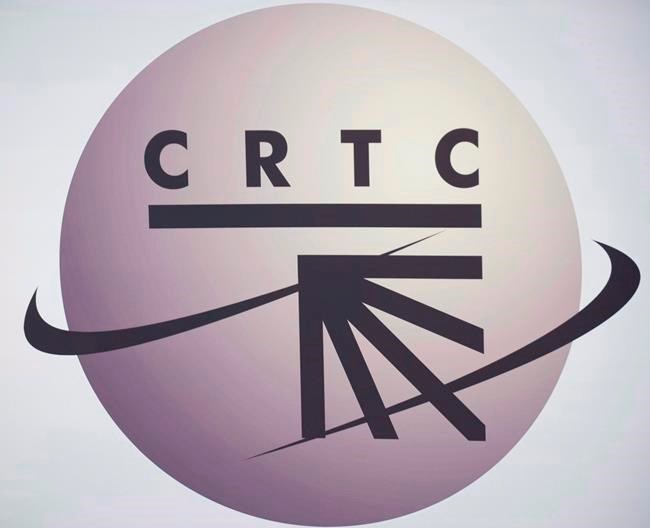TORONTO — A "secret shopper" campaign on behalf of the CRTC found evidence of misleading or aggressive behaviour in about one-fifth of the interactions between its undercover shoppers and sales staff for six major wireless carriers.
Canada's telecom regulator said the vast majority of interactions during its "secret shopper" investigation early this year were perceived as positive.
However, it found that 20 per cent of shoppers felt they were given misleading information or faced aggressive sales practices — particularly if they had disabilities and or didn't use English or French as their first language.
“The secret shopper project allowed us to gain on-the-ground insight into the challenges Canadians may face when engaging with communications service providers’ salespeople," CRTC chair Ian Scott said Tuesday in a statement.
"This is why the secret shopper project will continue into the future. We look forward to using this information to promote the fair treatment of consumers.”
More than 400 undercover shoppers evaluated six large wireless providers — BCE's Bell Canada, Rogers Communications, Telus, Shaw's Freedom, Quebecor's Videotron and SaskTel, which is owned by Saskatchewan's provincial government.
The number of engagements was determined by market share. Most of them were at one of the three national carriers: Bell (121), Rogers (133) and Telus (124). About half the contacts (53 per cent) were in stores and the rest were split evenly between online and phone channels.
A spokeswoman for OpenMedia, one of several consumer-oriented groups that speak out against Canada's large internet and wireless communications companies, said the report confirms that there's a systemic problem that should be fixed.
"What this report completely fails to do however, is provide any path forward to improvement. The CRTC can’t let this be the end of the road. Canadians deserve better," OpenMedia executive director Laura Tribe said in an email after the report was issued.
The release of the CRTC's first secret shoppers report was marred by some errors that were detected and pointed out on Twitter by a number of telecom watchers.
The CRTC said in an email that the information was correct on all the charts in the report but some of the explanatory notes had flipped the Yes and No percentages, until the problem was corrected and the website was updated later Tuesday.
One of the report's key findings, according to the CRTC, was that 88 per cent of shoppers overall indicated that the information they were provided was clear and simple to understand.
However, 13 per cent of shoppers felt that they were not given sufficient time to make an informed decision, and 11 per cent felt they were pressured by an employee to sign up or consider a product or service.
In addition, salespeople attended to downplay concerns expressed by shoppers, such as overage fees, in 20 per cent of the cases. In 34 per cent of those situations, the salesperson didn't offer any helpful tips to address their concerns.
The secret shopper report was issued 20 months after the CRTC announced in February 2019 that it would embark on the program, one of several initiatives it planned to take as a result of an investigation into alleged misleading and aggressive practices.
The investigation included five days of testimony at public hearings in October and months of information gathering by the CRTC, which oversees Canada's mobile, internet and television service providers.
Among the participants was a research team from the University of Ottawa, headed by Mary Cavanagh, who submitted the results of a first-hand secret shopper program to evaluate the exchange of information in the purchase of wireless services.
The CRTC's 2019 report noted that Rogers and Shaw had reported using secret shopper programs to evaluate their own retail sales force, but those observations weren't made public.
This report by The Canadian Press was first published Sept. 29, 2020.
Companies in this story: (TSX:BCE, TSX:RCI.B, TSX:T, TSX:SJR.B, TSX:QBR.B)
David Paddon, The Canadian Press




